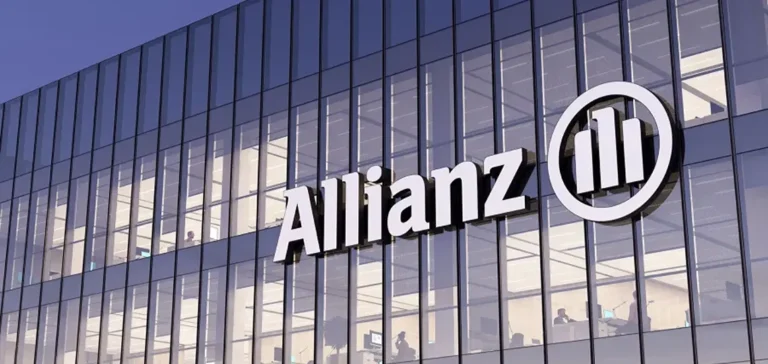Hydrogen demand is expected to see marked growth in the coming decades, driven by the surge in infrastructure projects worldwide. According to the latest projections, the insurance market for hydrogen could reach USD3bn in annual premiums by 2030, while the cumulative investment required to realise these projects is estimated at USD680bn for the period. More than sixty governments have adopted dedicated hydrogen strategies, and the number of identified projects has increased sevenfold since 2021, reflecting a growing commitment from the international energy sector.
Europe and Asia-Pacific at the forefront of investment
Europe is home to the largest number of initiatives, with 617 projects announced and an investment volume estimated at USD199bn. This momentum extends to the Asia-Pacific region, where large-scale hydrogen integration projects are being launched in the electricity generation, transport, and logistics sectors. The construction of storage and distribution infrastructure is among the top priorities, requiring the implementation of risk management measures suited to the handling and transport of this highly flammable gas.
The challenges related to hydrogen value chain safety, including risks of explosion, leakage, and material embrittlement, demand specific insurance solutions and reinforced technical expertise. Port operators, storage sites, and transport sector companies must adapt their procedures to limit the risks of accidents and contamination.
Insurance at the heart of risk management and energy transition
The integration of hydrogen into the global economy presents considerable challenges for industrial safety. Claims analyses show that incident prevention relies on early leak detection, the use of hydrogen-compatible materials, and ongoing staff training. Infrastructures must be designed to withstand explosions and fires, with robust detection and isolation systems in place.
The insurance sector is involved at every stage, from construction to operation, to ensure financial viability of projects and incident management. According to Allianz Commercial, sectors related to energy, natural resources, and liability are expected to be most exposed to hydrogen-specific risks in the coming years, while demand for coverage of property and maritime transport is also set to grow.
Industry experts highlight that the rise of hydrogen goes hand-in-hand with an expansion of insurance solutions, amid increased collaboration between industrial players and insurers.






















